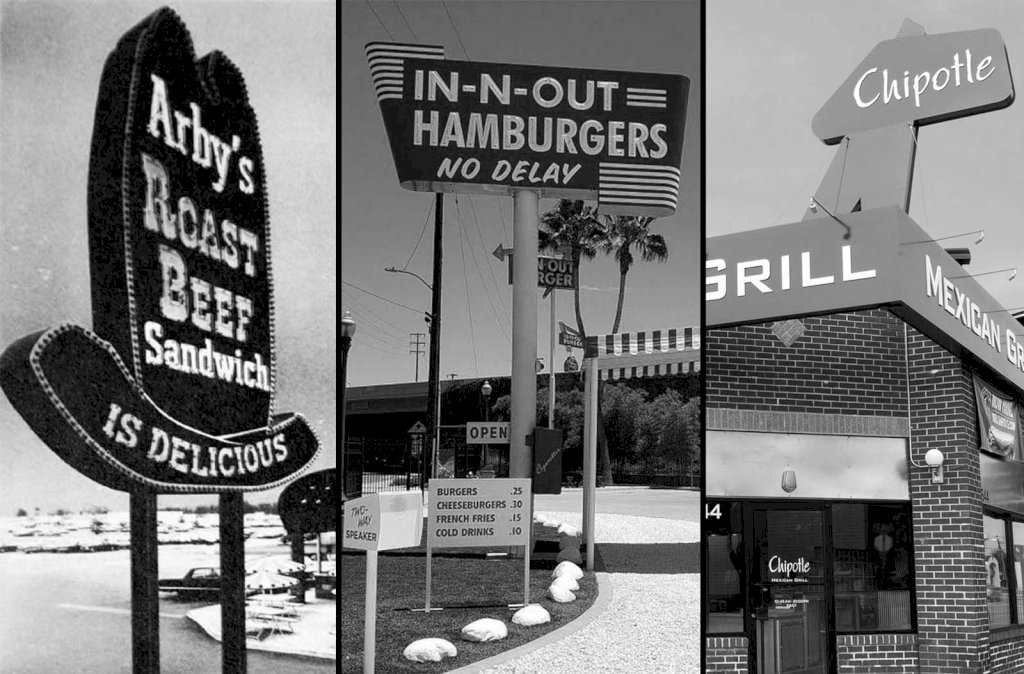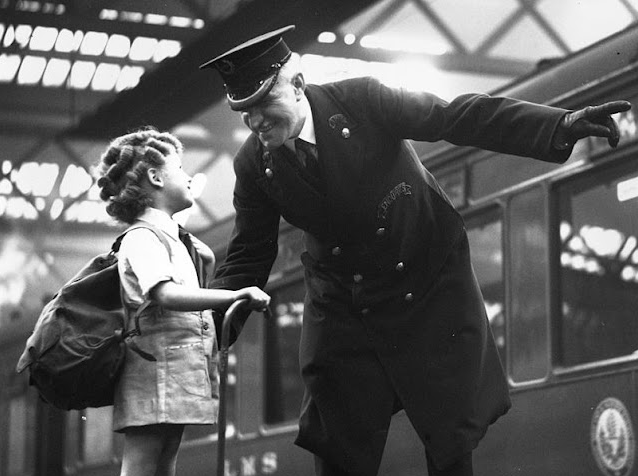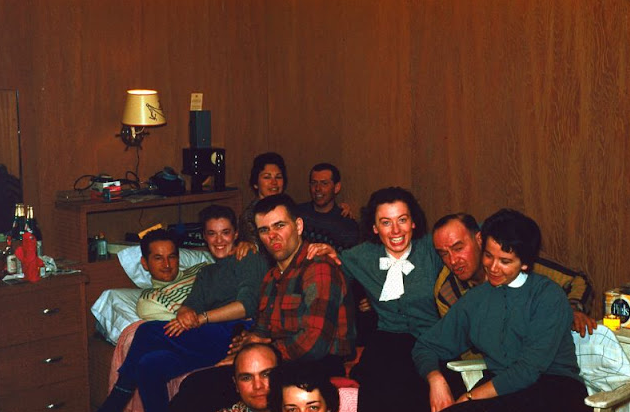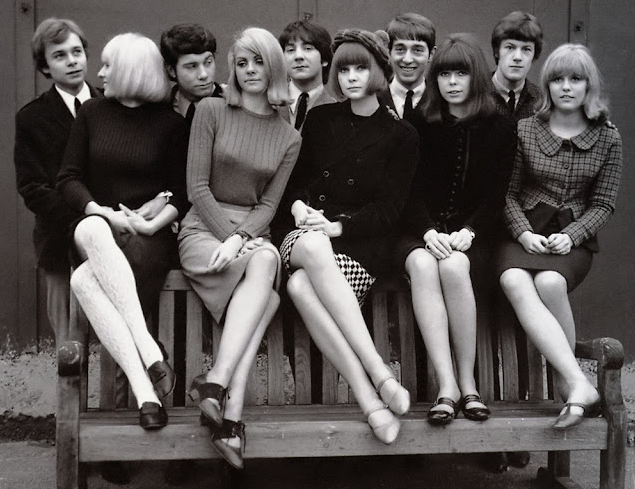"Sunday, Monday, Happy Days. Tuesday, Wednesday, Happy Days…" These iconic lyrics immediately evoke a sense of nostalgia for fans of the hit TV show "Happy Days." Airing from 1974 to 1984, this classic sitcom became a cultural phenomenon that captured the essence of an era while providing timeless entertainment. In this comprehensive 3000-word article, we'll take a nostalgic journey through the world of "Happy Days," exploring its origins, characters, cultural impact, and enduring popularity.

Plot and Setting

"Happy Days" is set in the fictional town of Milwaukee, Wisconsin, during the 1950s and early 1960s. The show revolves around the Cunningham family, led by parents Howard (played by Tom Bosley) and Marion (played by Marion Ross). Their eldest son, Richie (played by Ron Howard), is the central character of the series.

Richie's best friends are Potsie Weber (played by Anson Williams) and Ralph Malph (played by Donny Most), and together, they navigate the challenges and joys of adolescence. The charismatic and leather-jacket-wearing Arthur "Fonzie" Fonzarelli, or "The Fonz" (played by Henry Winkler), quickly became the breakout character and the embodiment of coolness in the 1950s setting
The Fonz: An Iconic Character

Arguably the most memorable character of "Happy Days," Fonzie became a cultural icon and a symbol of coolness and rebellion. With his leather jacket, motorcycle, and trademark catchphrase "Ayyy," Fonzie represented the epitome of 1950s cool. Despite his tough exterior, Fonzie had a heart of gold and was a loyal friend to Richie and the gang.

The character's popularity transcended the show itself, and Fonzie's signature catchphrase, leather jacket, and thumbs-up gesture became synonymous with the 1950s nostalgia that "Happy Days" invoked.
A Touch of Nostalgia
"Happy Days" premiered during a time when America was experiencing a wave of nostalgia for the simpler and more innocent times of the 1950s. The 1970s were marked by political turmoil, economic challenges, and social change, leading many viewers to yearn for a return to the carefree and optimistic days of post-World War II America.

The show capitalized on this sentiment, transporting viewers back to a bygone era of soda fountains, sock hops, and family values. "Happy Days" became a nostalgic escape, offering a glimpse into a fictionalized version of the 1950s that both celebrated and mythologized the past.
The Catchy Theme Song

The theme song of "Happy Days," titled "Happy Days," was performed by Pratt & McClain and later by the show's cast. The infectious tune, with its upbeat lyrics and catchy melody, became an anthem of the show and further contributed to its appeal.
The opening sequence featured animated snapshots of the characters, capturing their personalities and setting the tone for the fun and heartwarming adventures to come. The theme song's refrain of "Sunday, Monday, Happy Days" became a familiar and cherished refrain for viewers.
Spin-Off Success
"Happy Days" proved to be so successful that it spawned several spin-off series. "Laverne & Shirley," starring Penny Marshall and Cindy Williams, became one of the most popular spin-offs and ran from 1976 to 1983.
Another spin-off, "Mork & Mindy," introduced audiences to the comedic talents of Robin Williams, who played the quirky alien Mork from the planet Ork. The show became a massive hit, further solidifying the cultural impact of "Happy Days."
The Impact of "Jumping the Shark"

One of the most notable moments in the history of "Happy Days" came in its fifth season, when the character of Fonzie famously jumped a shark while water skiing in the two-part episode titled "Hollywood: Part 3." The phrase "jumping the shark" subsequently entered popular culture, signifying the point at which a once-great show begins to decline in quality or loses its relevance.

While "Happy Days" continued to air for several more seasons after this episode, the phrase became synonymous with the idea of a show running out of creative steam. The concept of "jumping the shark" remains a topic of discussion in television and entertainment circles to this day.
Behind-the-Scenes Challenges

Like many long-running shows, "Happy Days" faced its share of behind-the-scenes challenges. One of the most significant was the departure of Ron Howard, who played Richie Cunningham. Howard left the show after the seventh season to pursue a successful career in filmmaking and directing.

His departure created a void in the show, but the character of Fonzie took on a more prominent role to compensate for the absence of Richie. Despite this change, "Happy Days" continued to attract a loyal fan base and remained popular throughout its run.
The Legacy of "Happy Days"

"Happy Days" left a lasting impact on television and popular culture. The show's portrayal of 1950s nostalgia and its lovable characters struck a chord with audiences, becoming a comforting escape during a time of social and political turbulence.

The character of Fonzie, with his iconic image and catchphrase, remains one of the most enduring symbols of American television. Henry Winkler's portrayal of Fonzie earned him international fame, and the actor continued to be associated with the character for many years after the show ended.
Preserving Nostalgia Through Syndication

After its original run, "Happy Days" continued to resonate with viewers through syndication. The show found new generations of fans as it aired on various television networks, introducing younger audiences to the charm and warmth of 1950s Milwaukee...
..
The success of "Happy Days" in syndication was a testament to its timeless appeal and the enduring popularity of its characters and themes..
Conclusion
"Happy Days" was more than just a sitcom; it was a cultural phenomenon that captured the hearts of millions of viewers across generations. The show's blend of nostalgia, humor, and endearing characters made it a beloved classic that remains firmly embedded in the fabric of American pop culture.

Fonzie's iconic image and the show's memorable catchphrases have become part of the lexicon of American television history. "Happy Days" continues to remind audiences of the importance of family, friendship, and the power of nostalgia to transport us back to simpler times

As viewers continue to revisit and cherish the adventures of the Cunningham family and their friends, the legacy of "Happy Days" as a heartwarming and enduring American sitcom remains intact, providing comfort and laughter to audiences for generations to come



